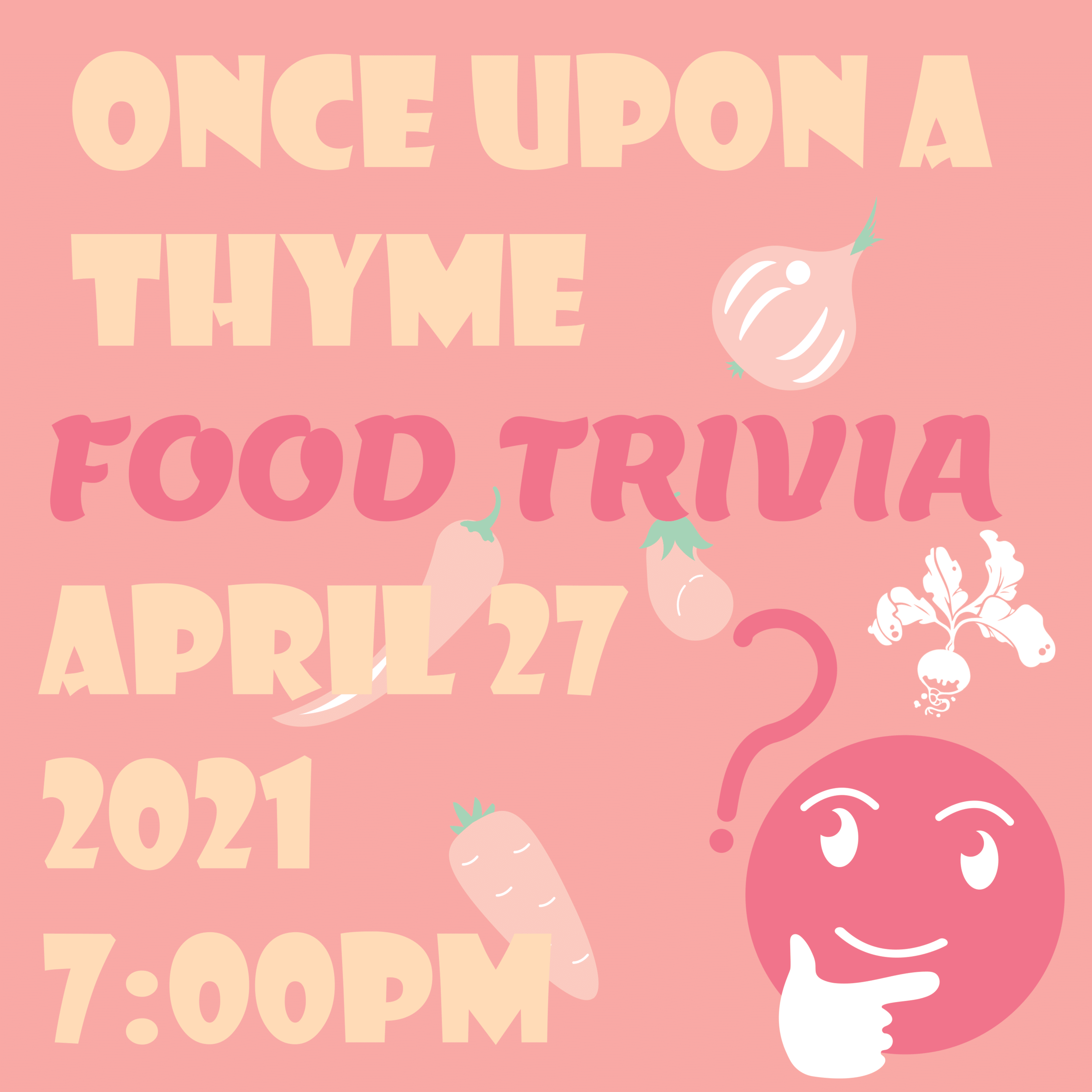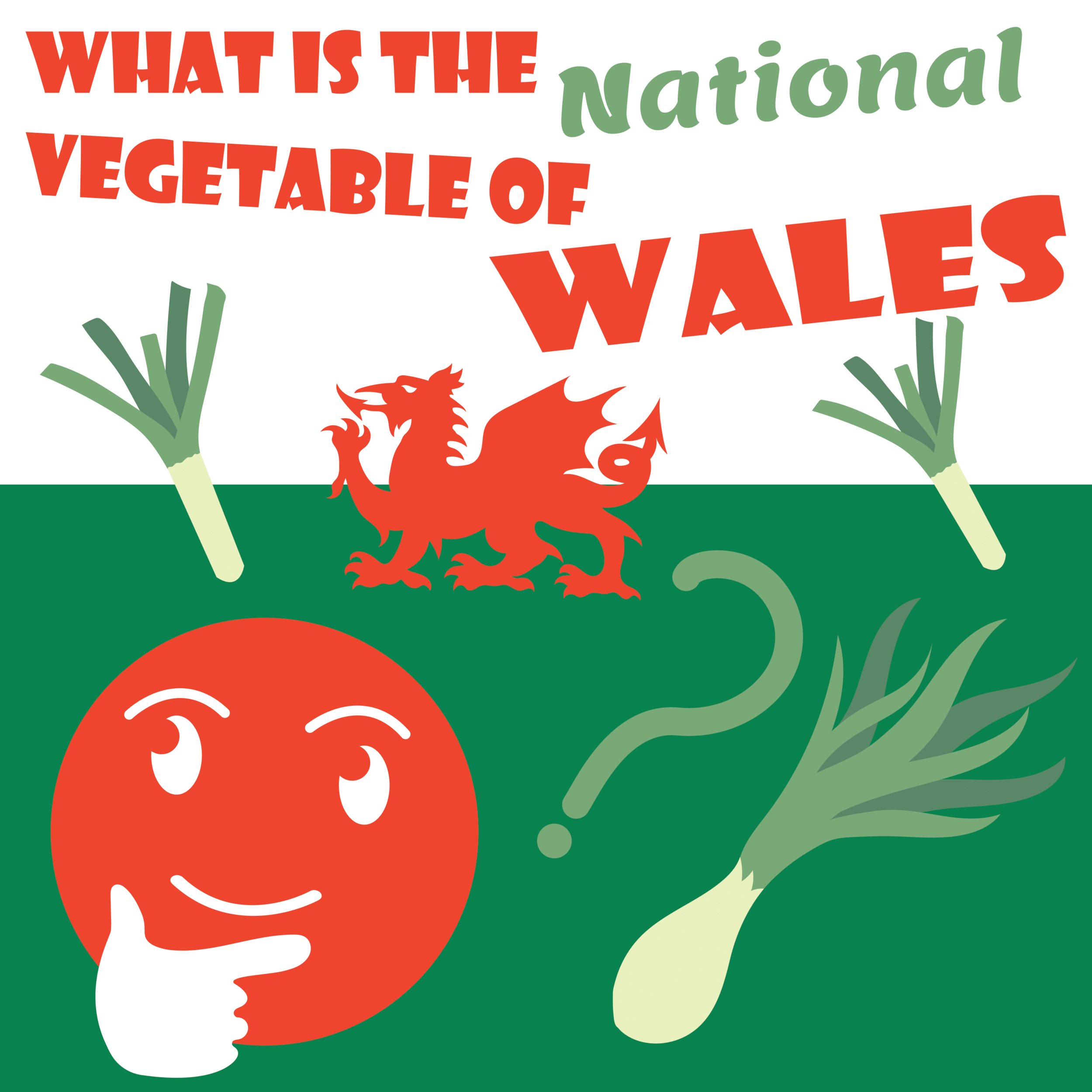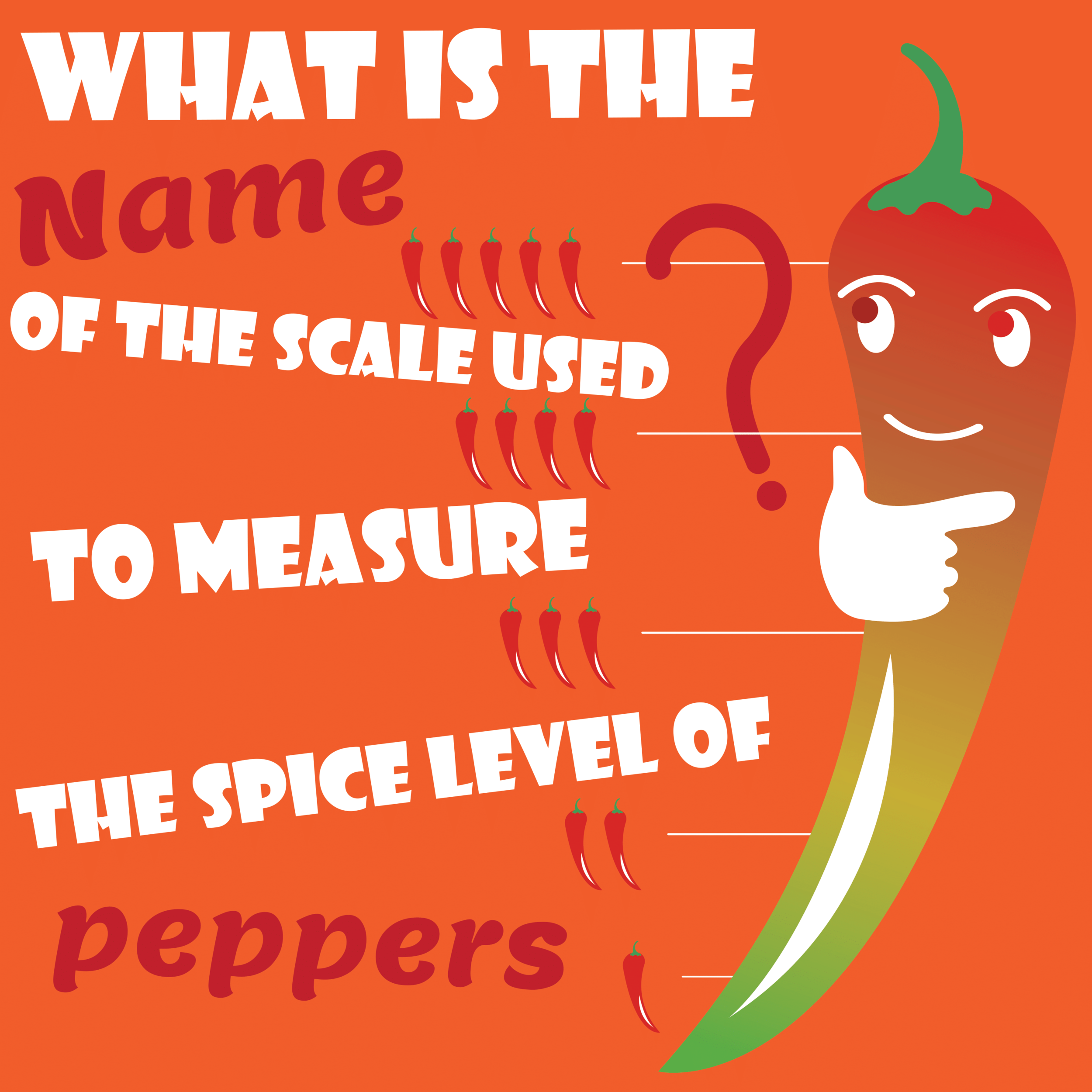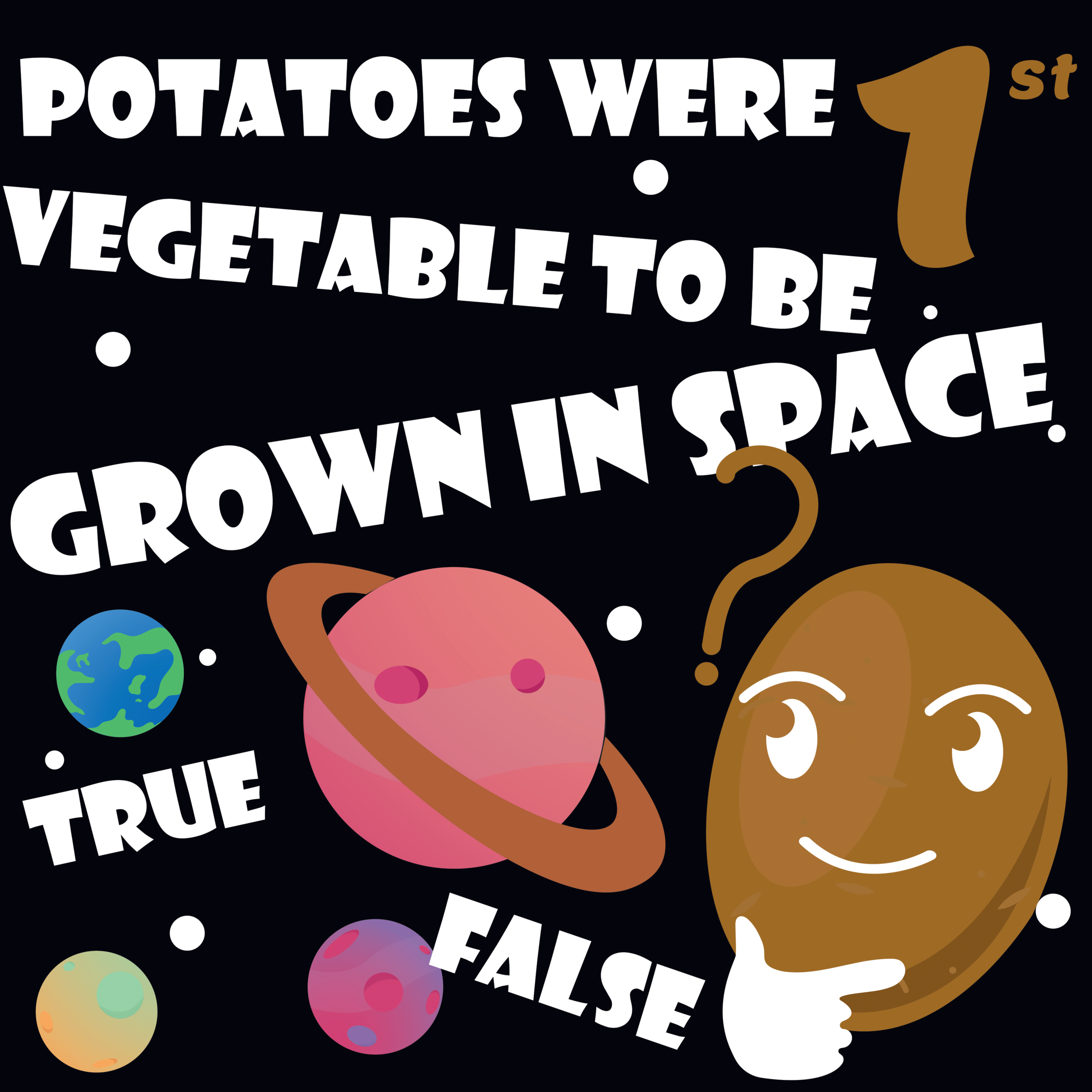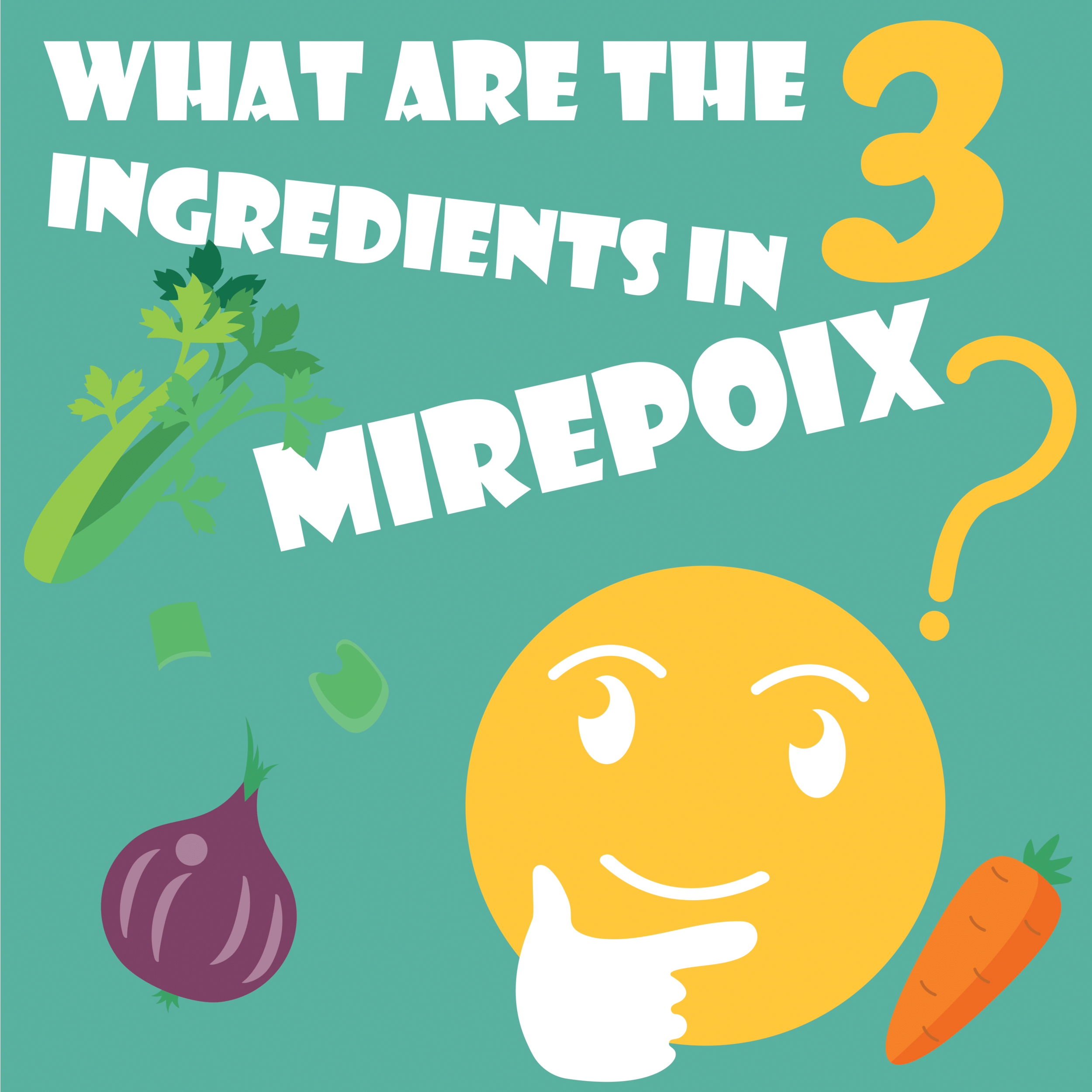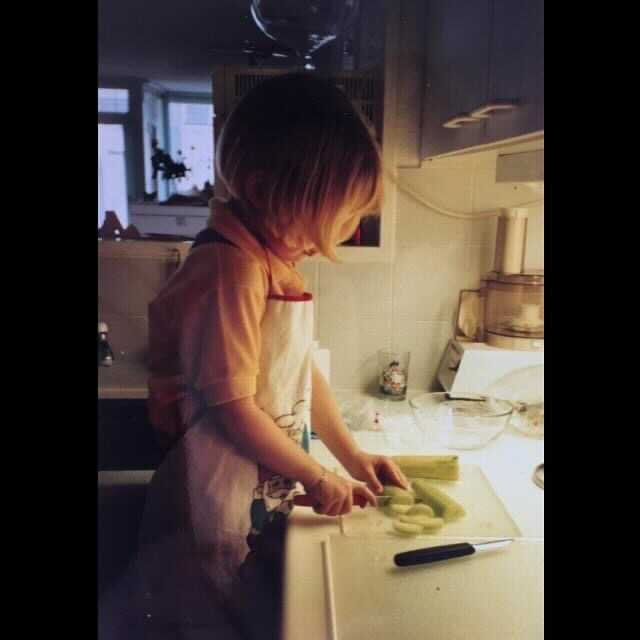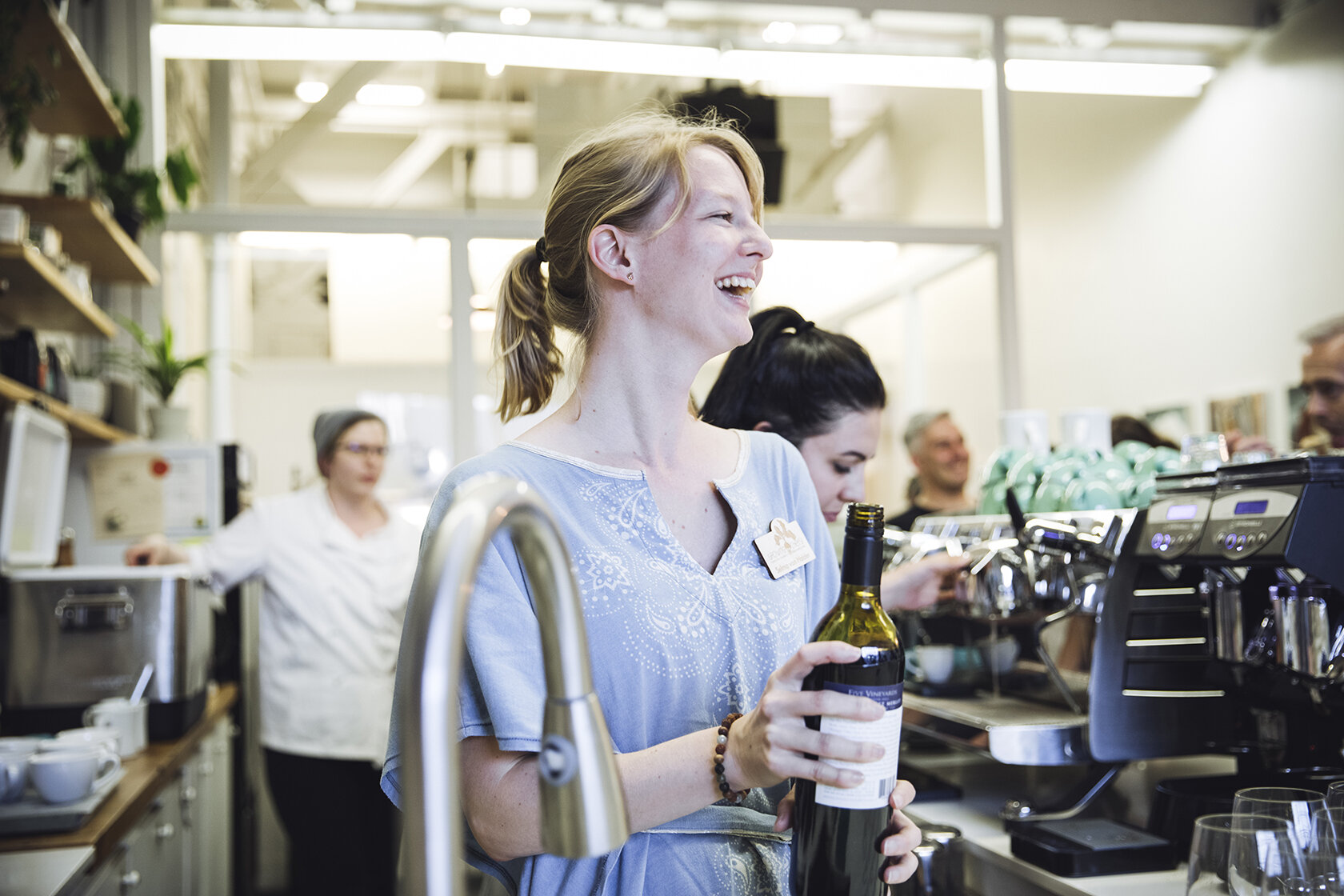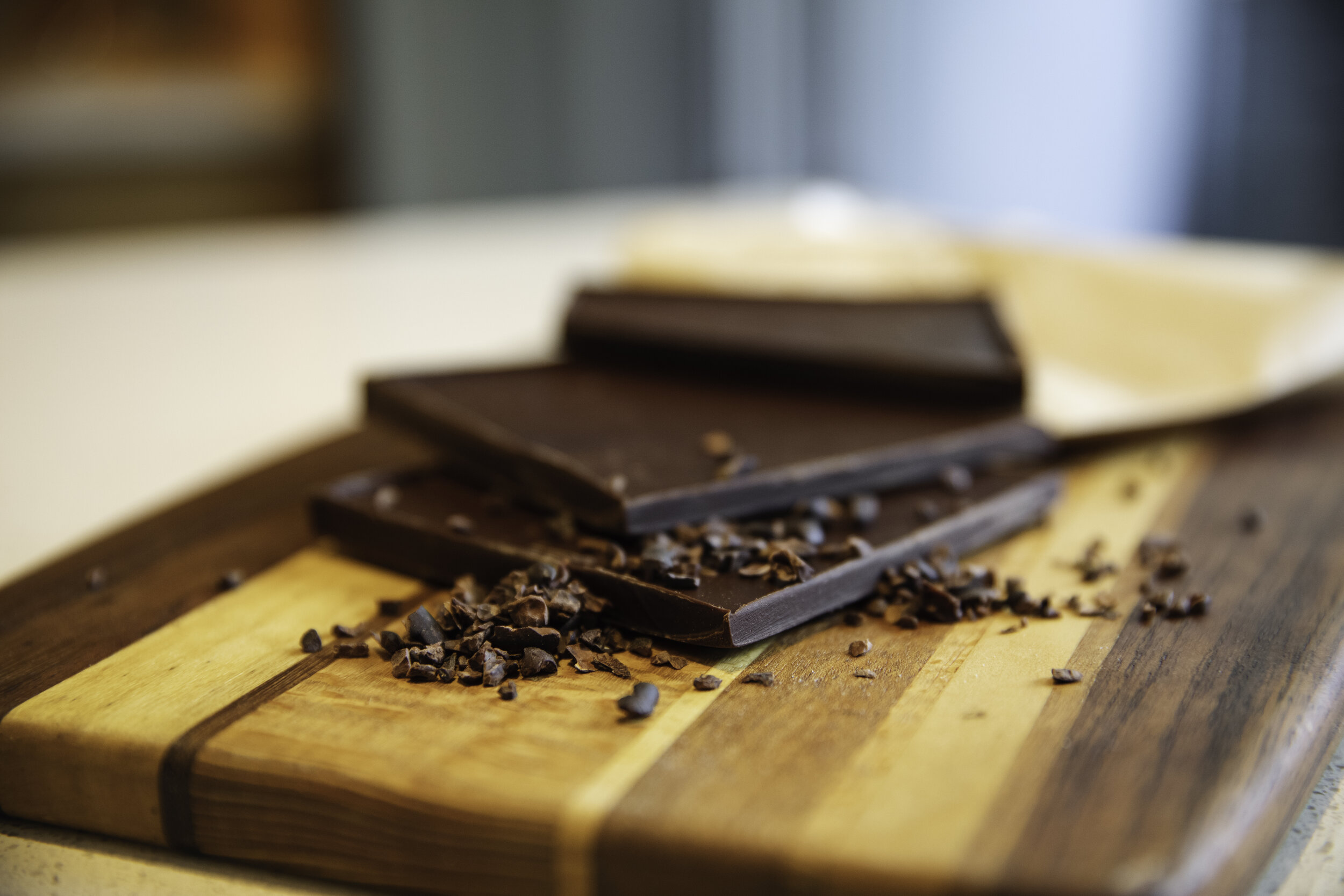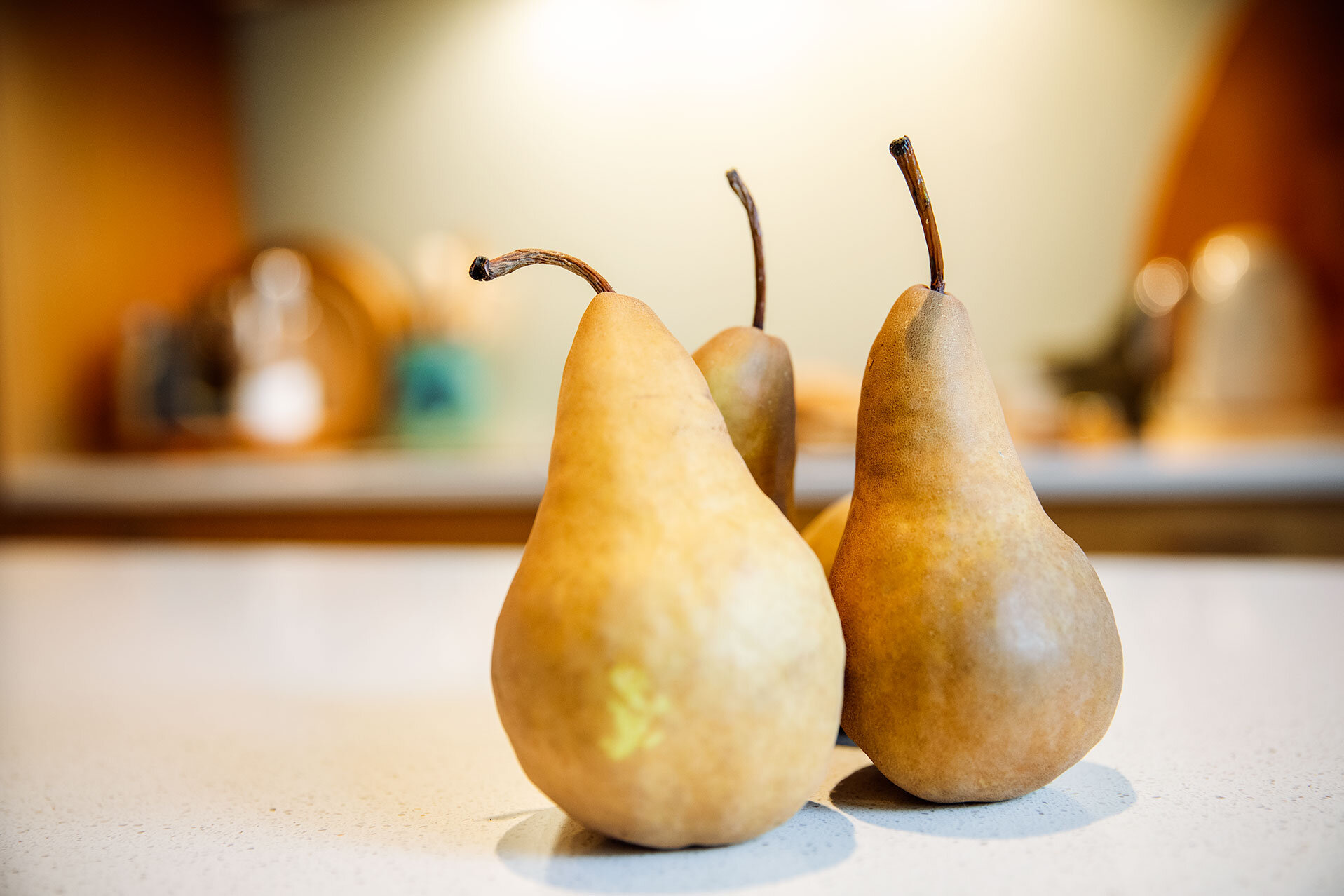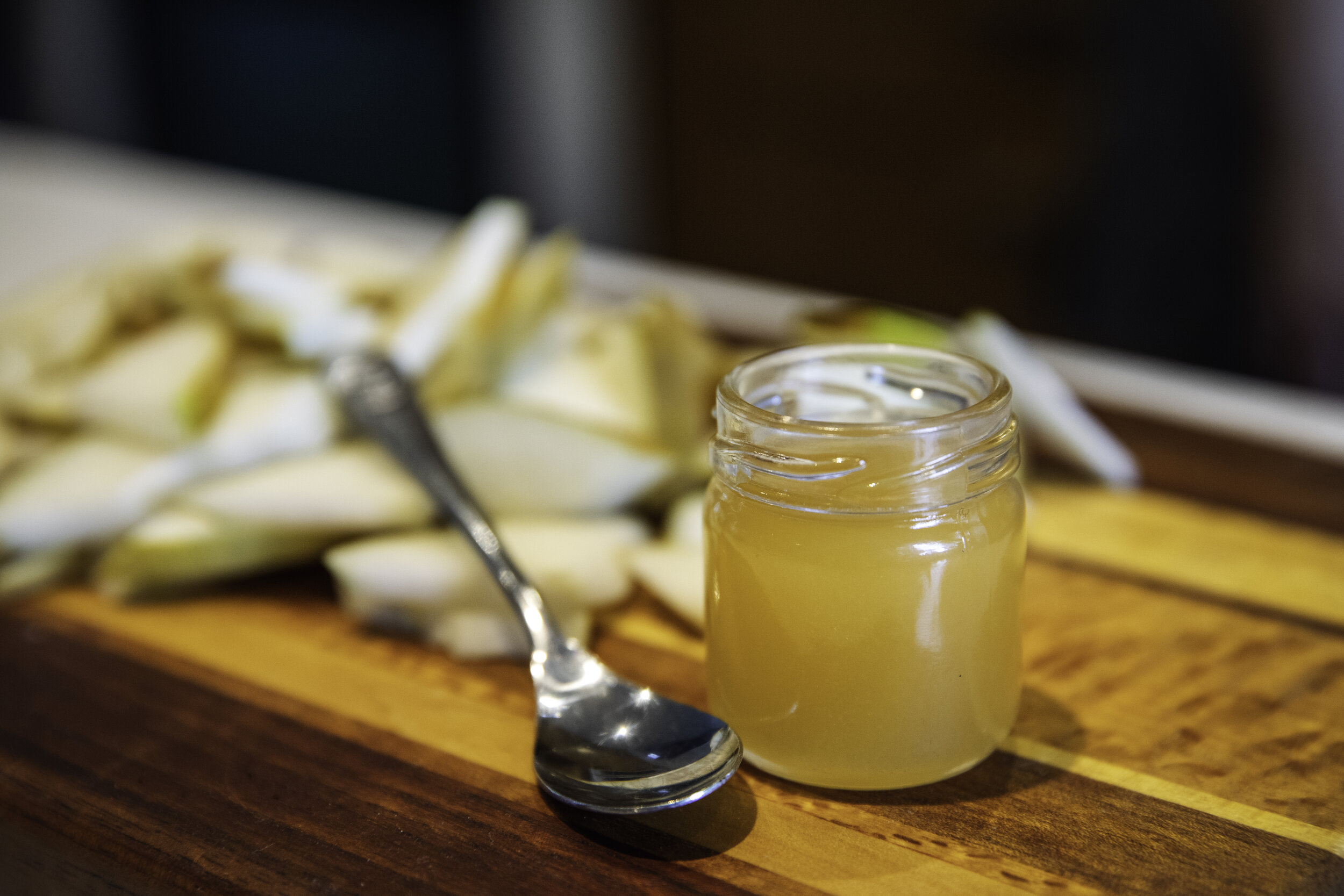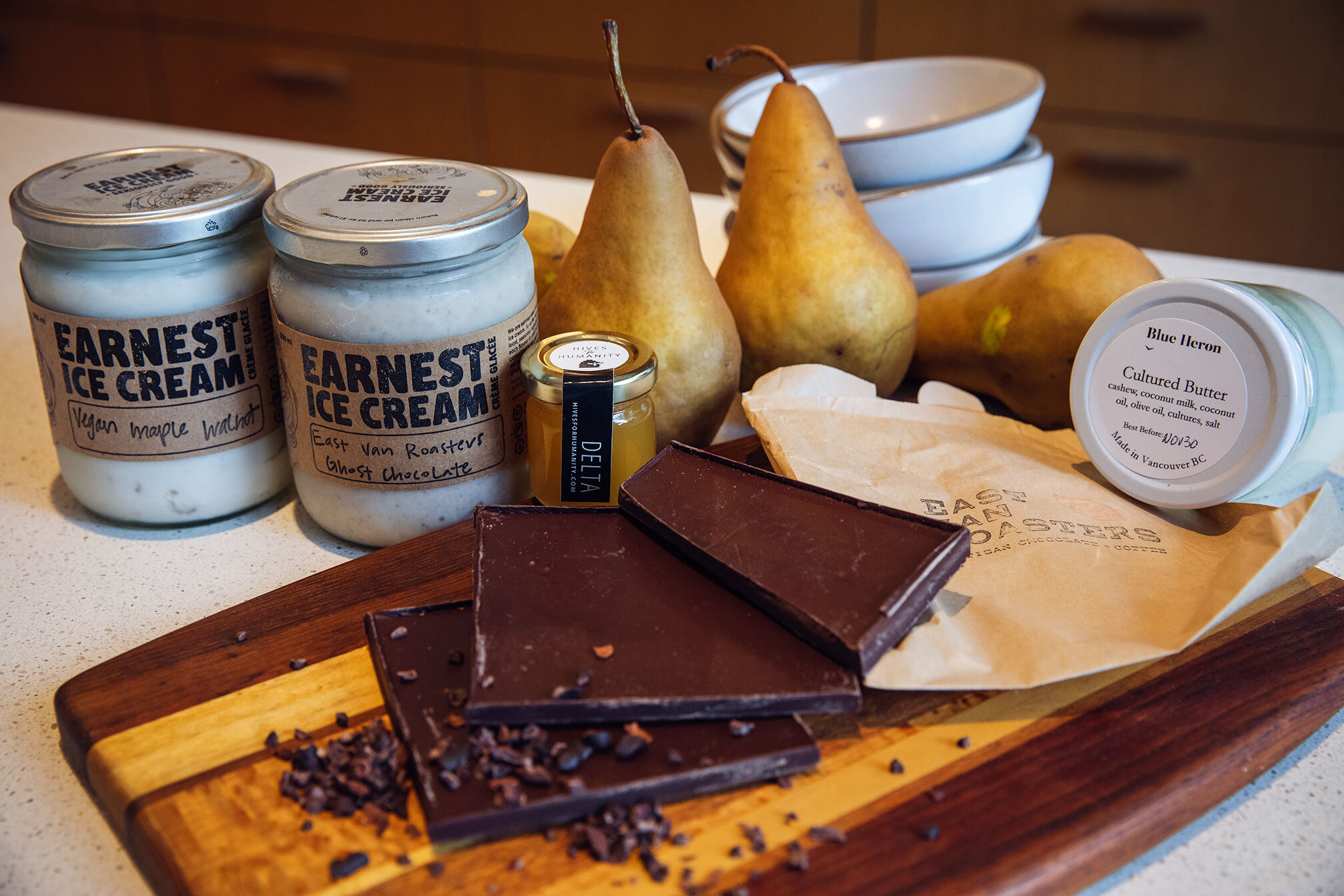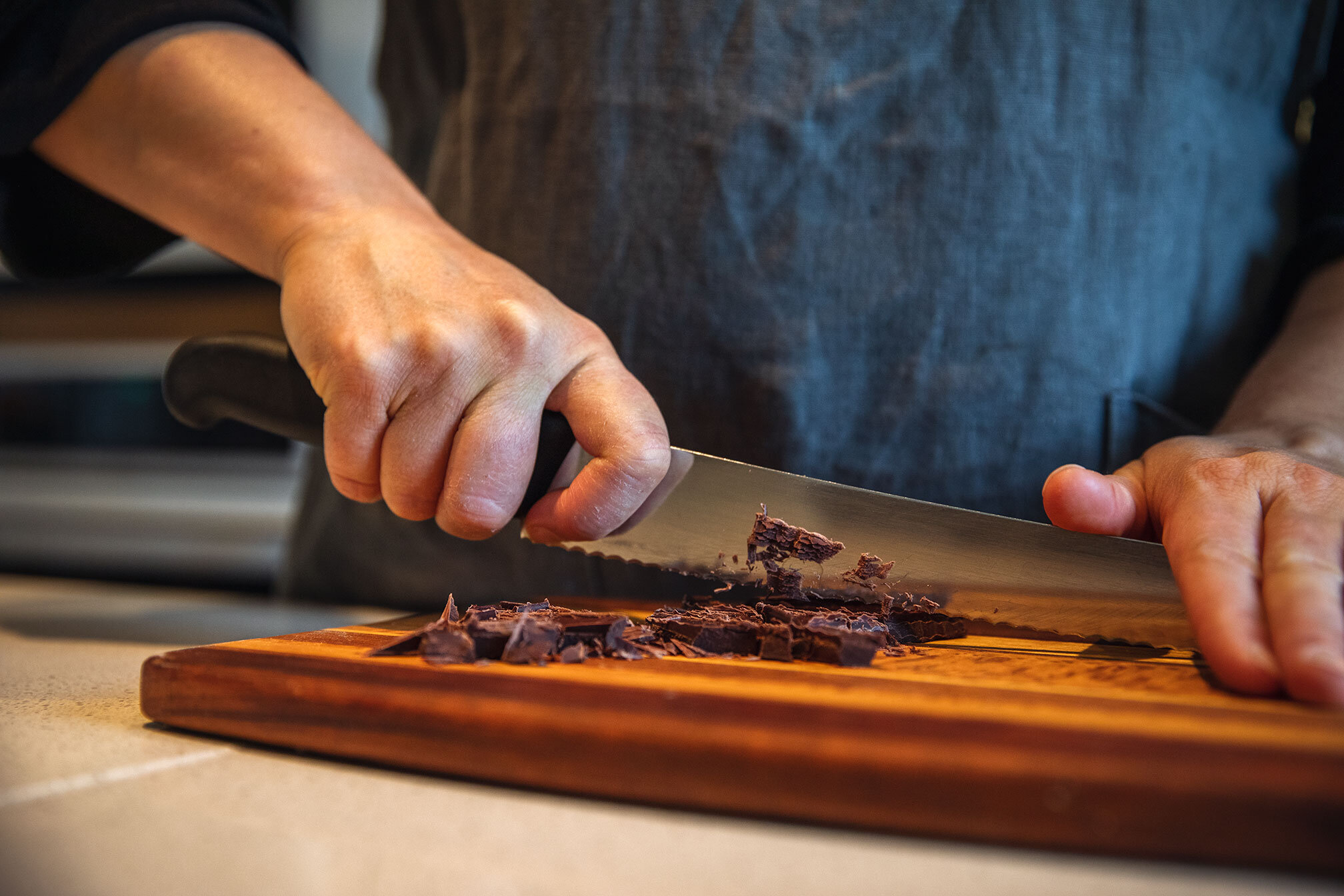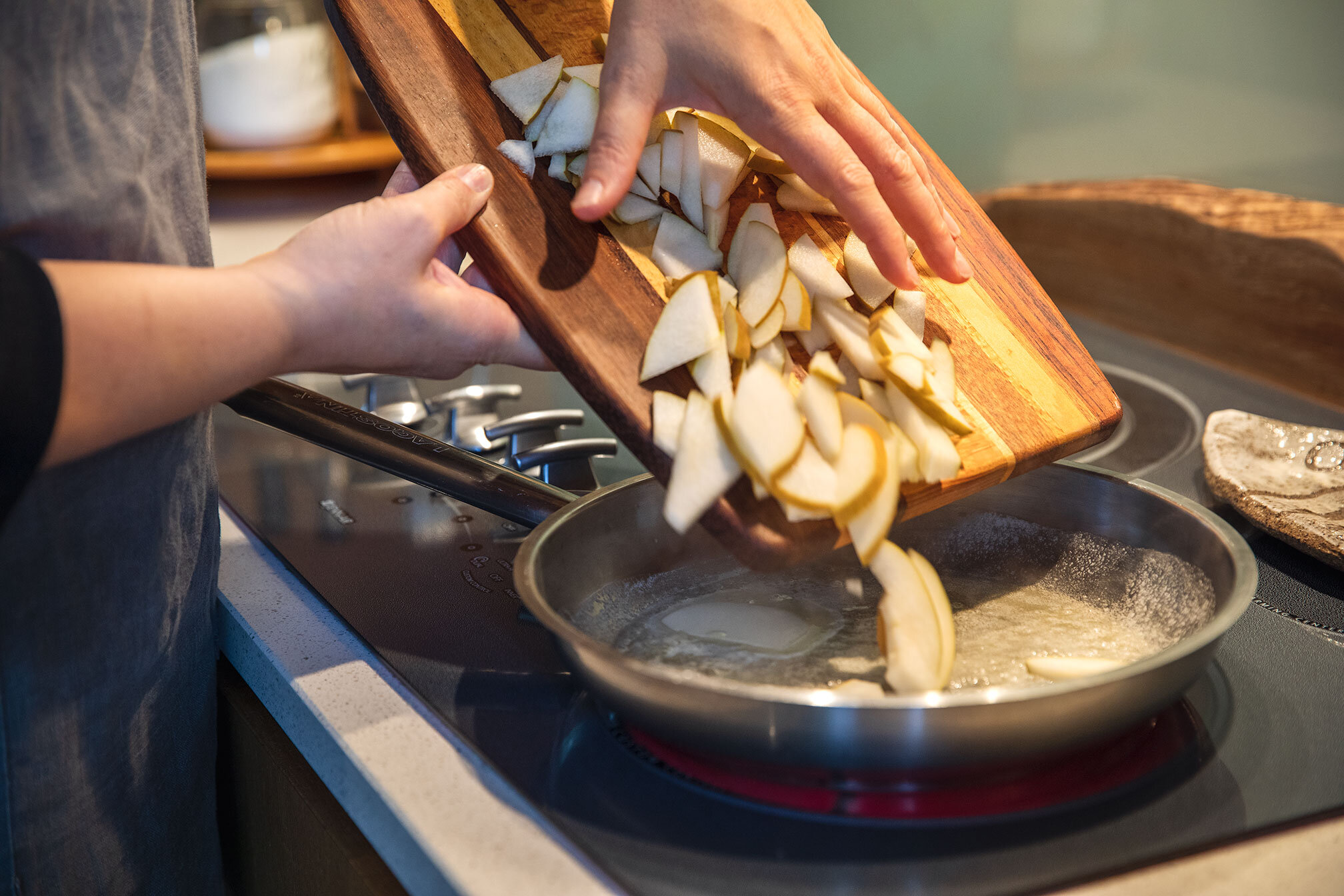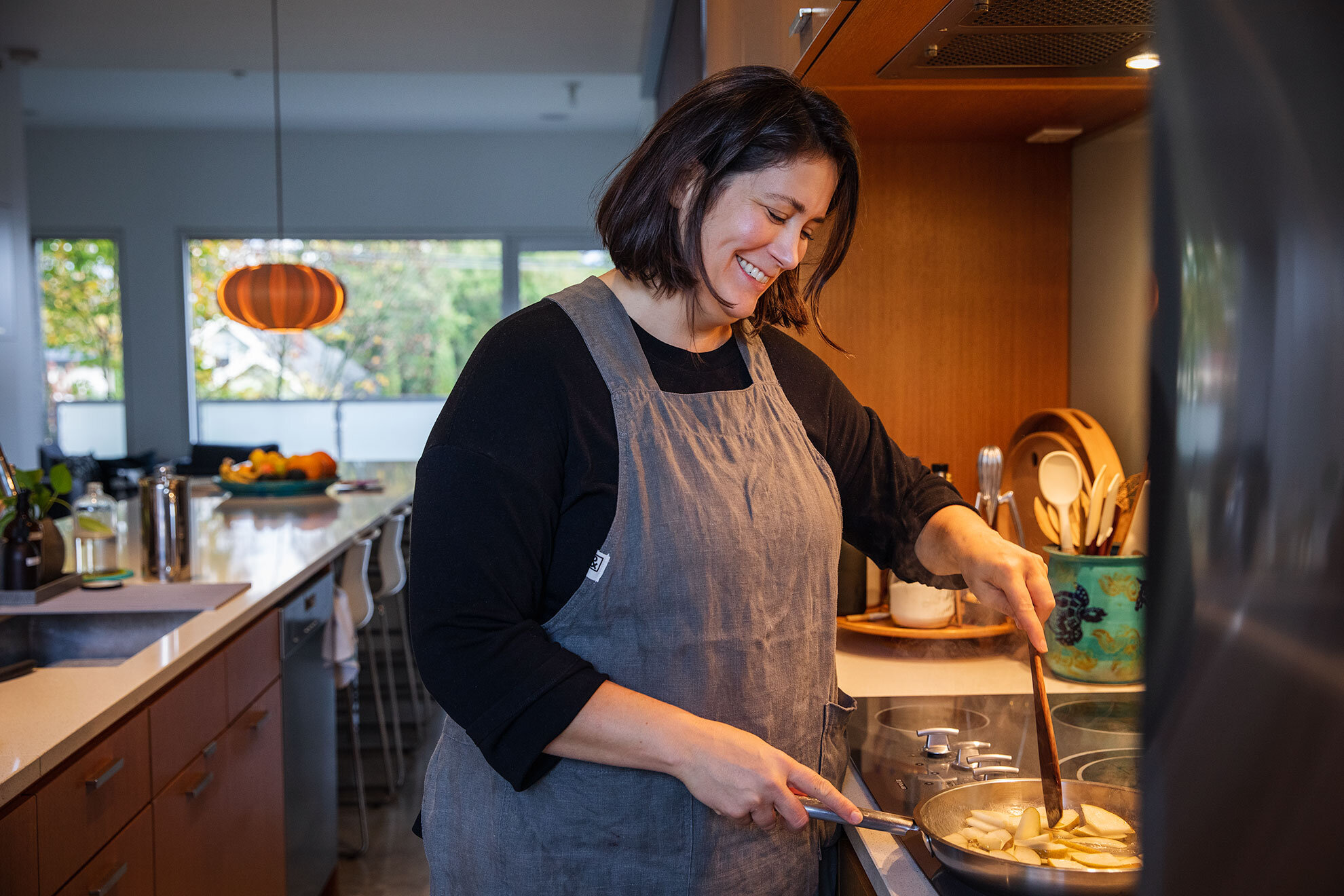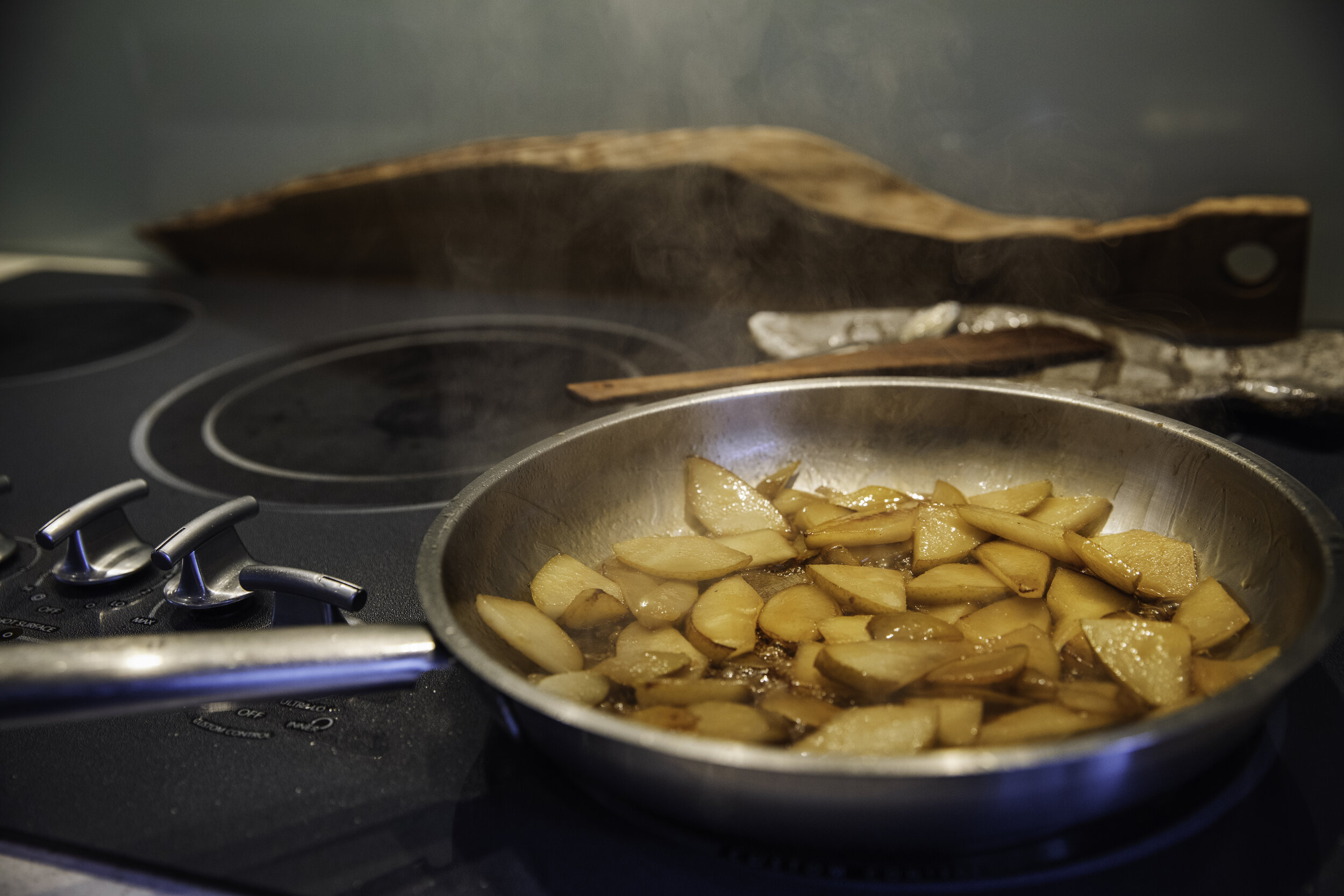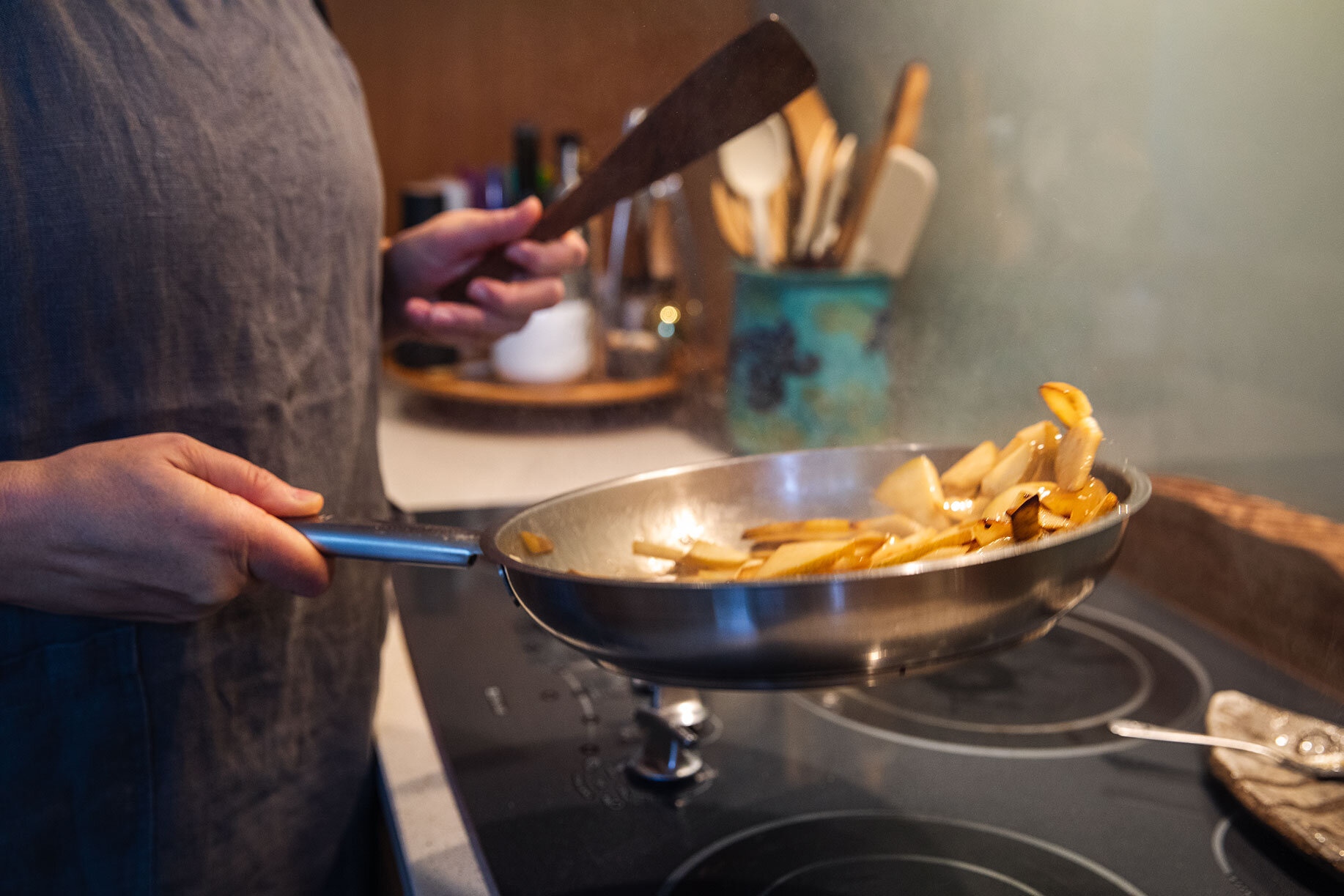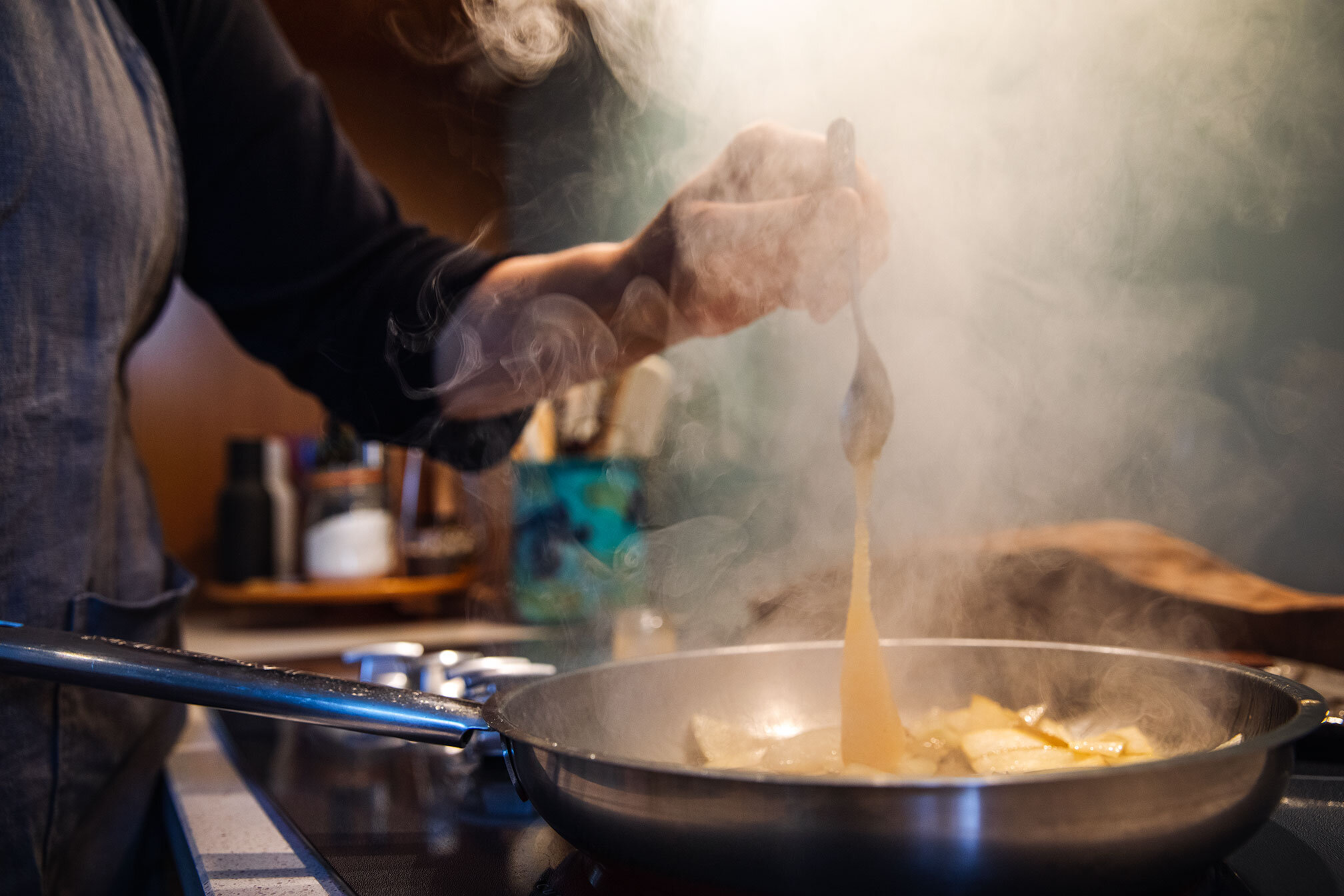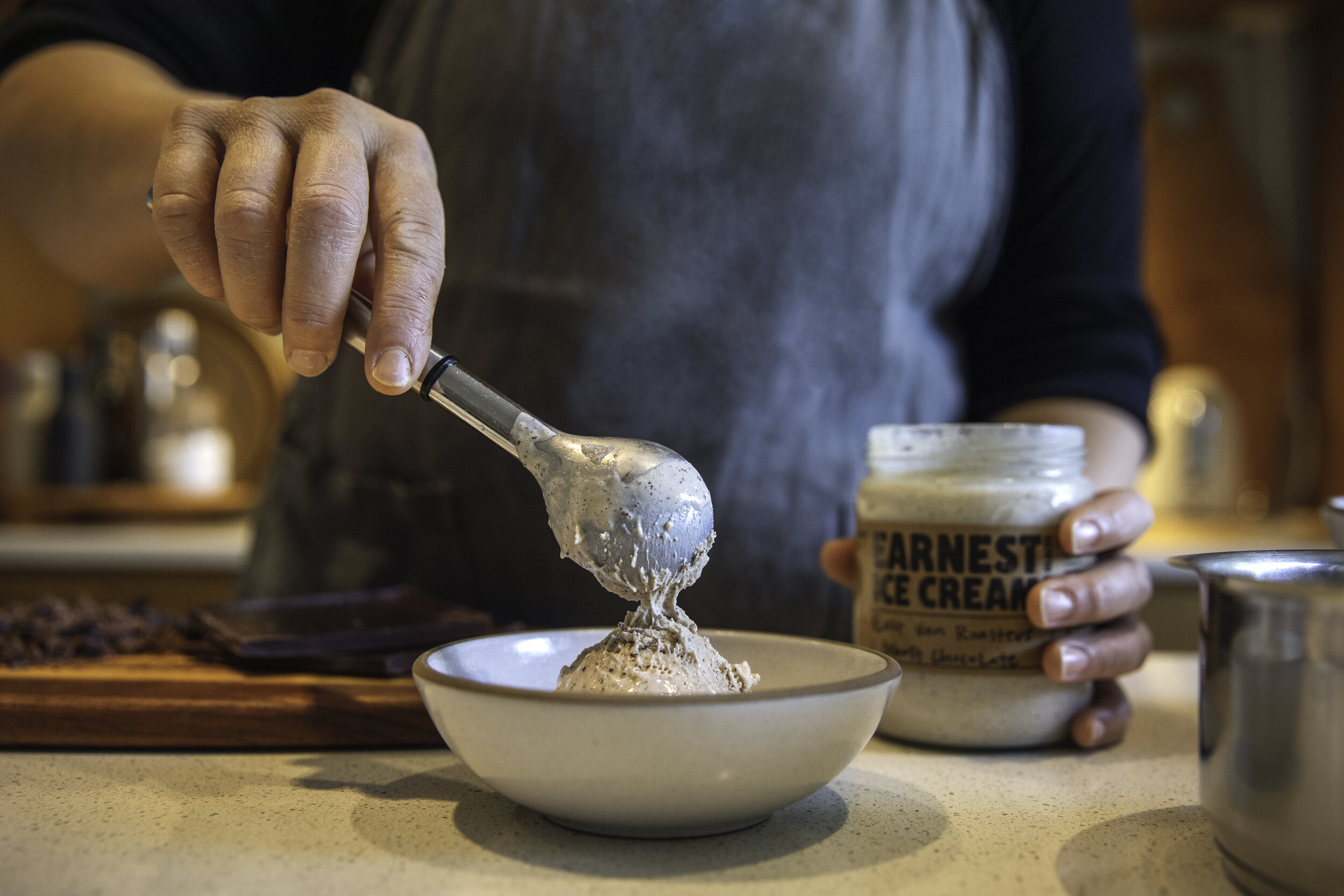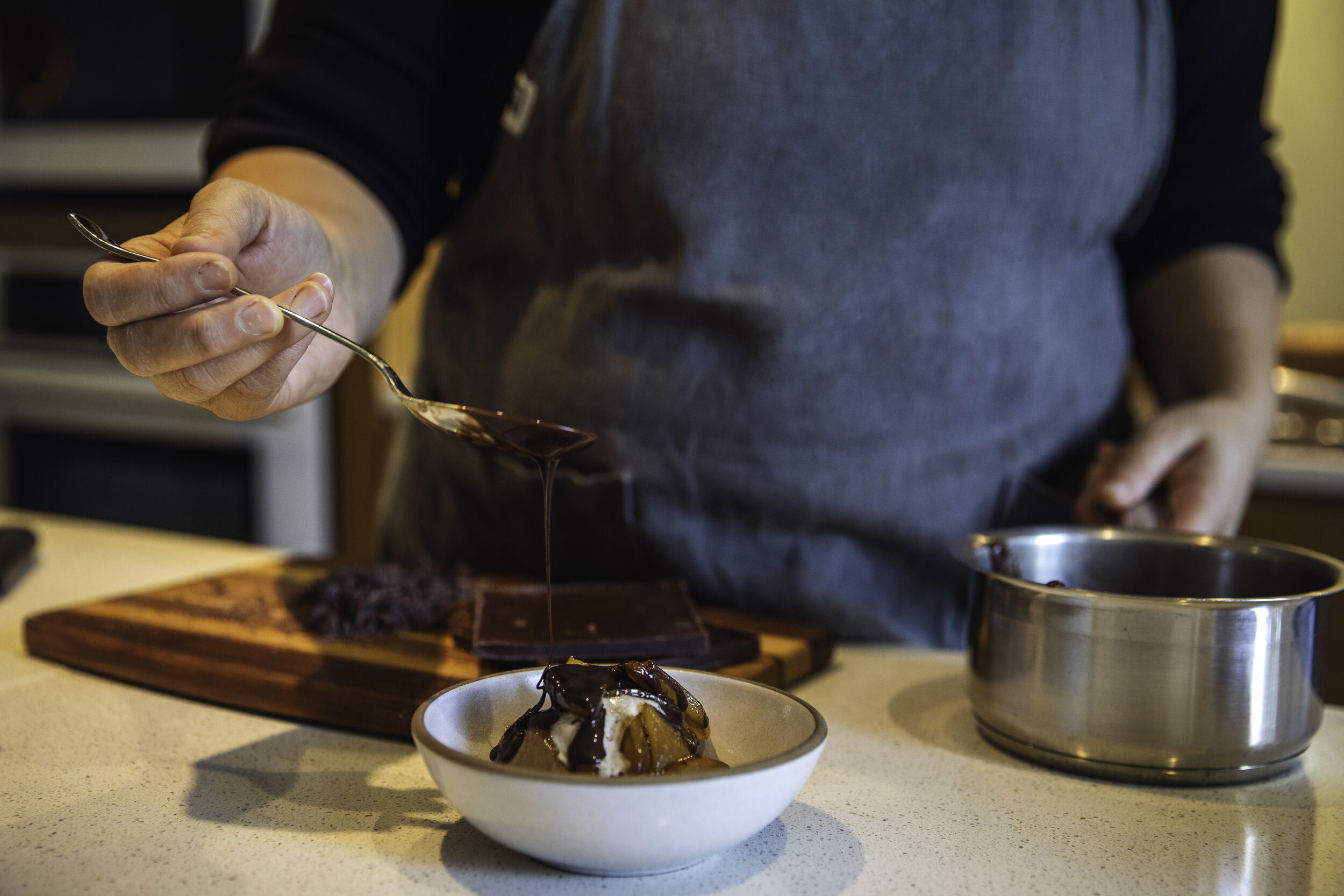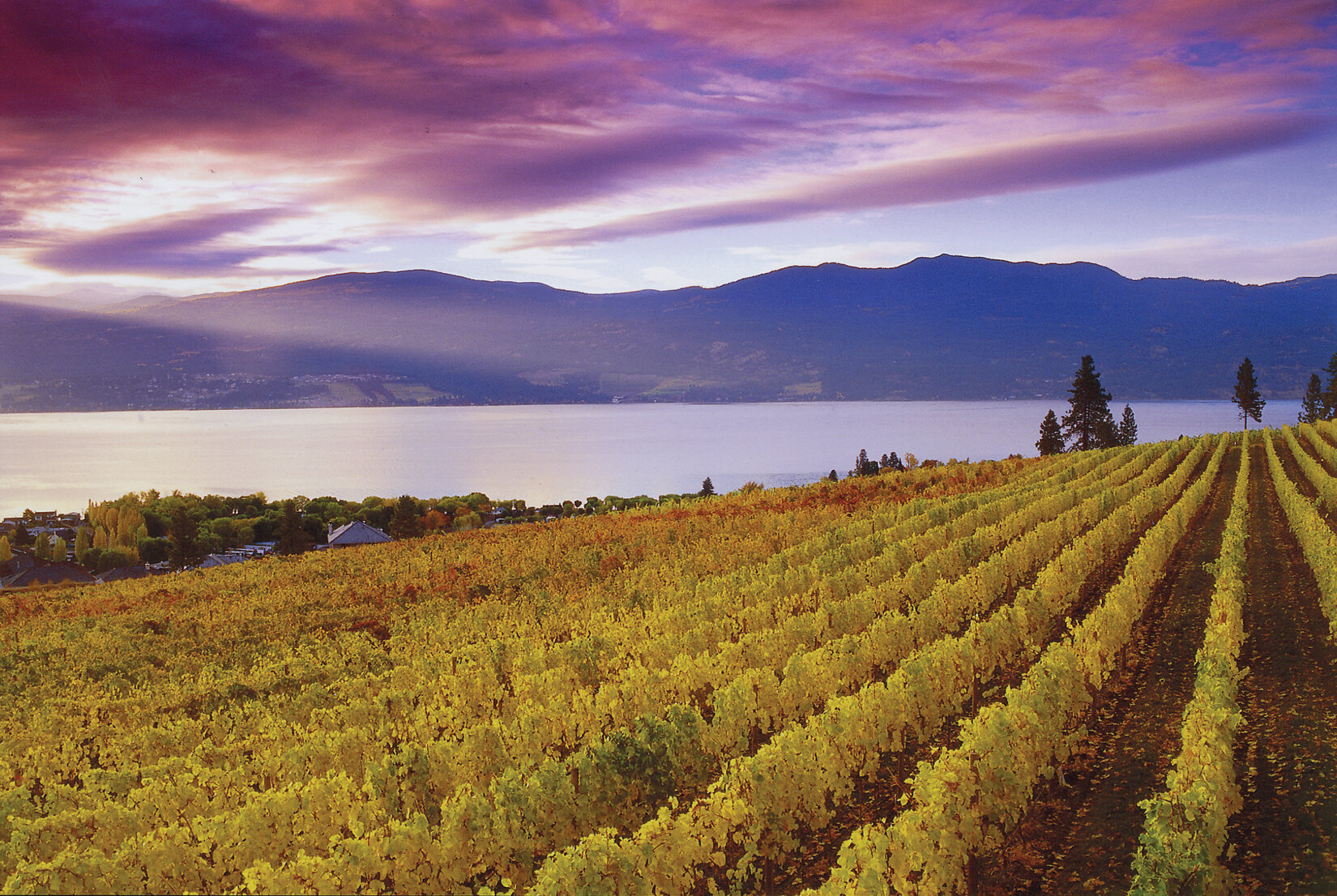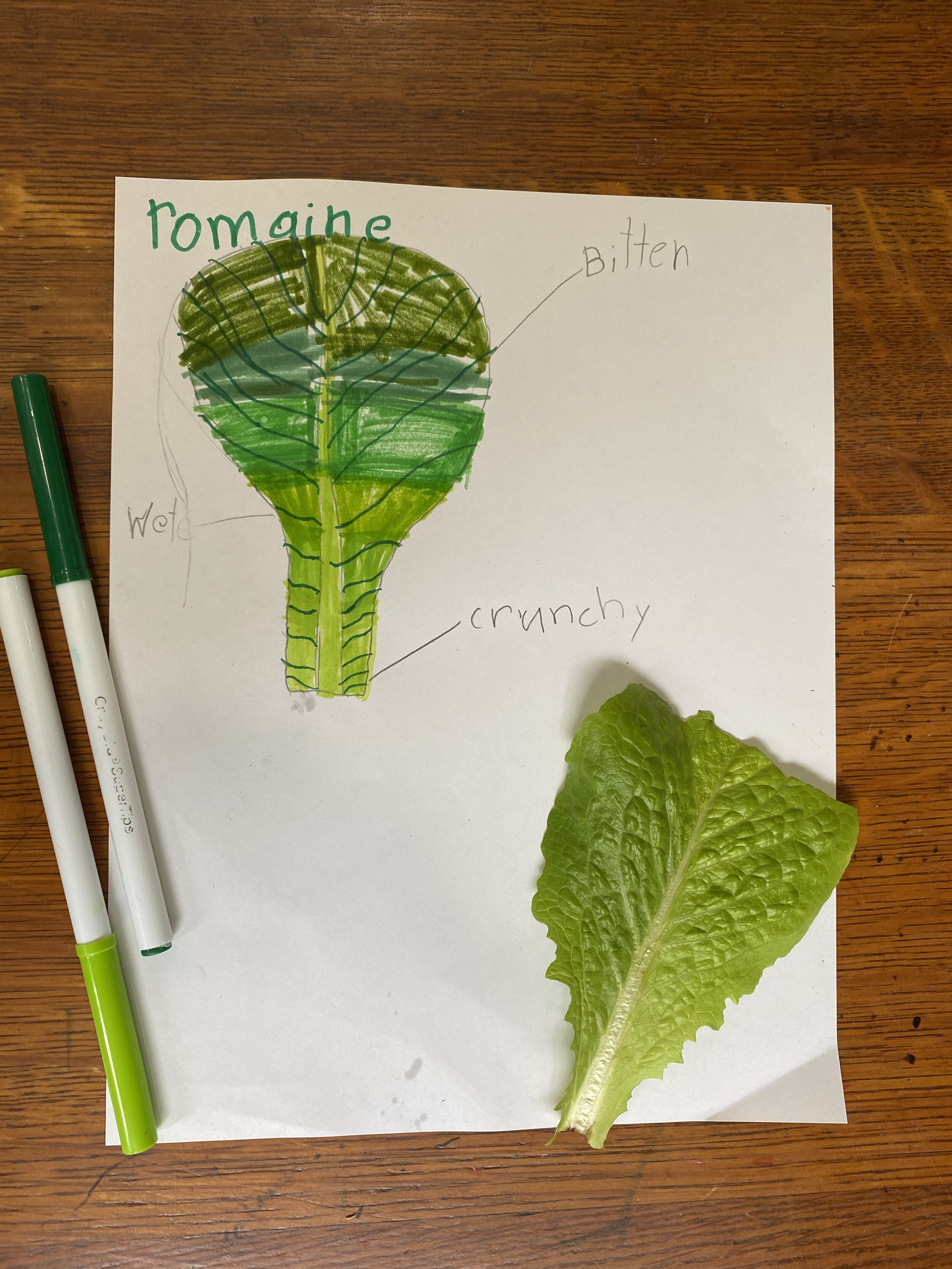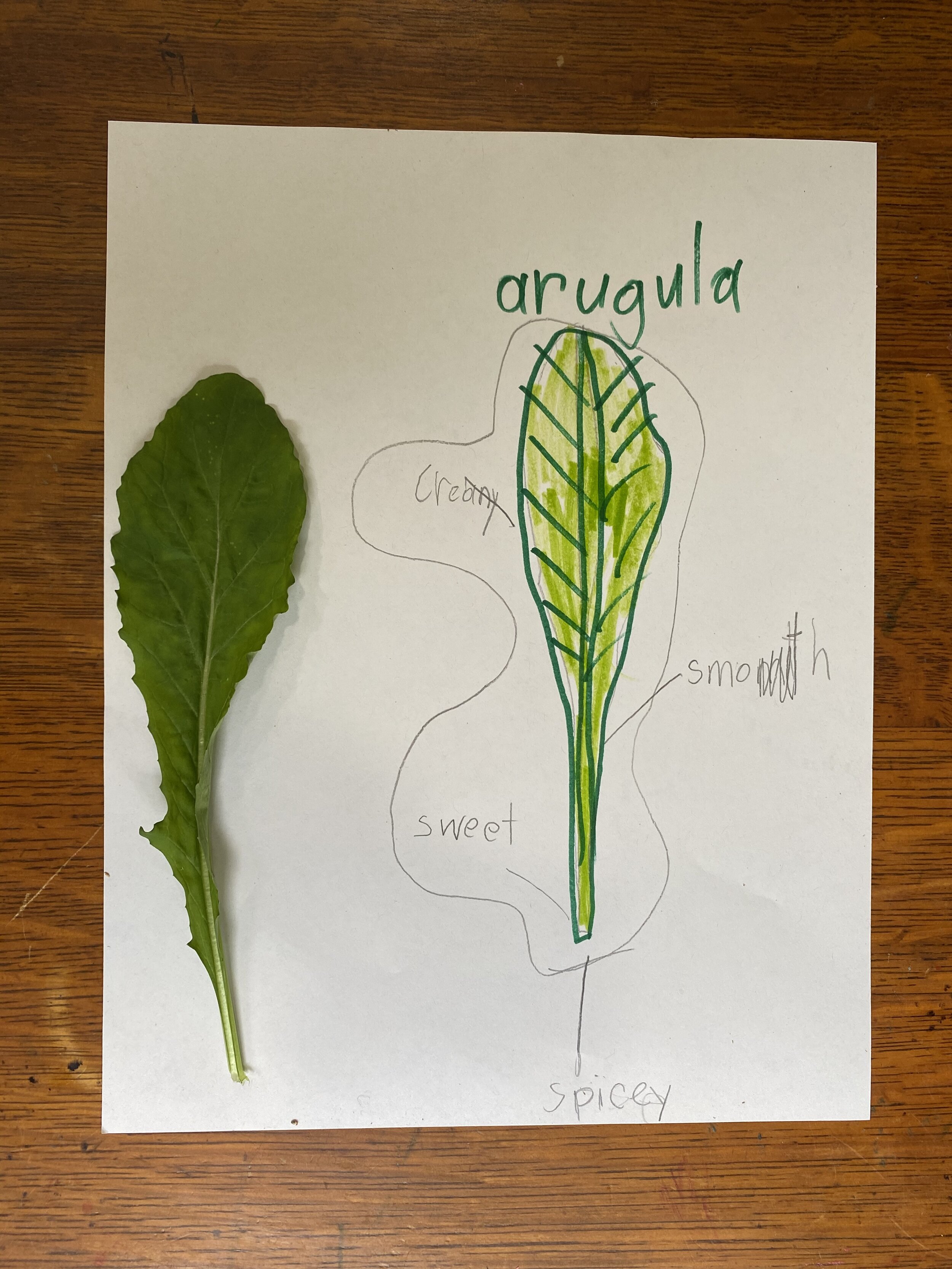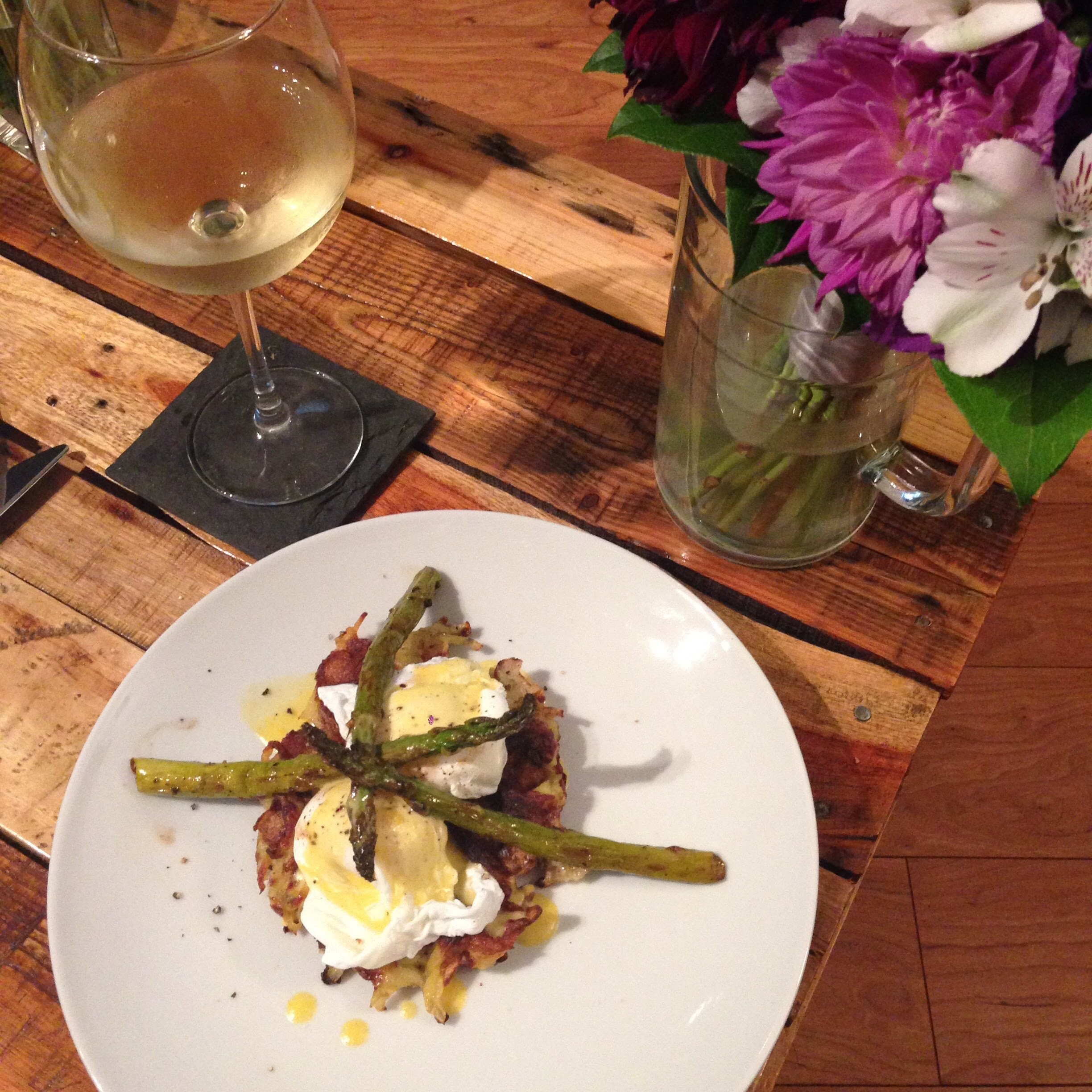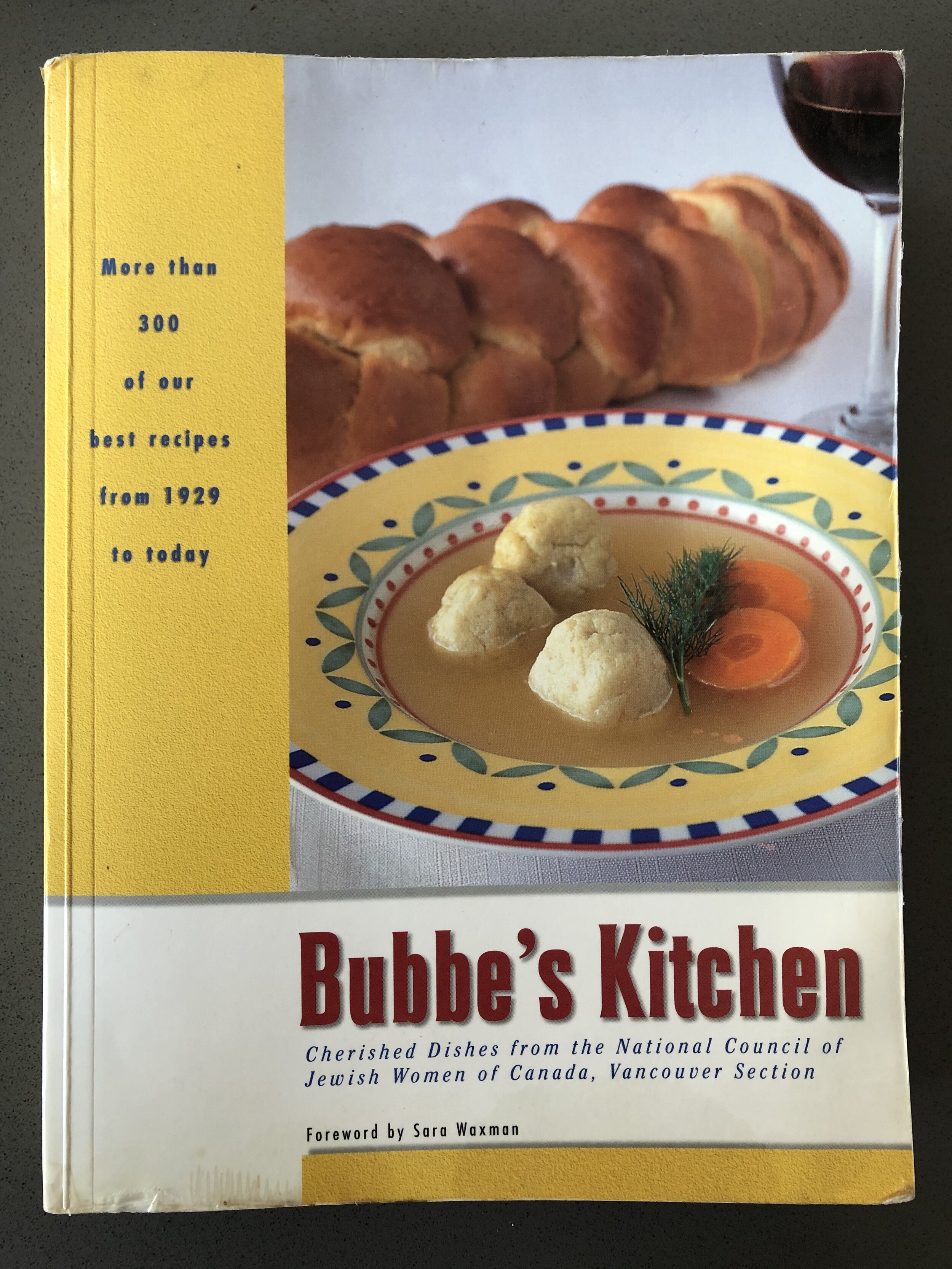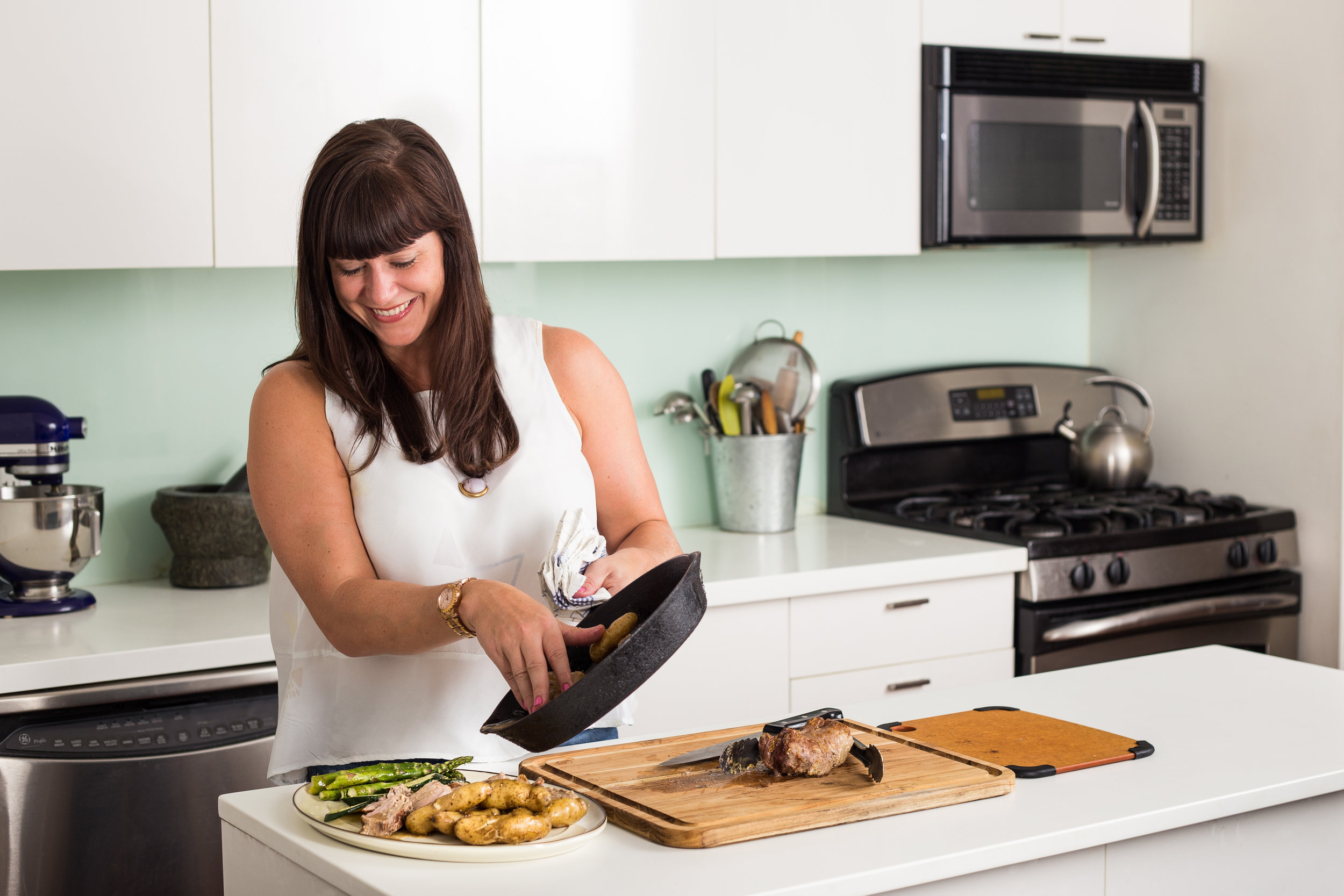What is your earliest food-related memory?
My earliest food memories are mostly of my mom and I in the kitchen together. The first dish I remember making start to finish was an omelette. When I was 5 there was one evening a week where I took swimming lessons. As a light meal before splashing into the pool, and no doubt as a way to make me feel good about the evening despite the swimming lesson, my mom would allow me to make my own omelette every week. The only thing I needed help with was the pulling apart of the egg shell, because I needed someone with stronger thumbs than mine. I'd help out in the kitchen often, but being allowed to turn on the gas and do the whole thing uninterrupted was a big deal. I'd eat it on a white milk bun in the car on the way to the pool. I remember absolutely hating swimming lessons (too cold!), but loving that precious omelette and the joy of making it all by myself.
Do you have a garden at home? What do you like to grow?
I love my garden! I used to grow all kinds of things in pots on my balcony, and now I have the joy of gardening in boxes in my yard. Last year I grew lots of leafy greens like spinach, kale, and collards, a whole host of different coloured carrots and beets, lots of herbs, and a tomato forest that got a little out of hand.
How do you help to support and lift up other women in food and agriculture?
By learning, by advocating, by co-conspiring, and by putting my money where my mouth is. There are some immensely awesome women and femmes working in all corners of our food system and they deserve support. I spend my energy and my money on getting to know folks in our food system, especially those with historically overlooked identities, like women and femmes who are racialised or whose womanhood intersects with other marginalised identities.
Who are your favourite women role models in food and agriculture (2-3)?
Karen McAthy: I met Chef Karen at my volunteer training with Growing Chefs, 6 years ago. Over the years I've gotten to know her as a kind, generous, and extremely talented person. To be able to make it as far as she has as a woman in an often exclusionary industry, with a vision as radical as hers, is more than commendable. She is a force. I'm glad to see her business Blue Heron thriving, and that she is getting some of the recognition she deserves.
Alexis Nikole Nelson (@alexisnikole on TikTok and @blackforager on Instagram): Alexis knows so much about foraging and does lots of experimenting in her kitchen. I love people who are nerdy in a very particular direction. Alexis' posts remind me that there is so much more to learn and that there's always ways to make learning more fun (like by singing a song in the middle of a video). Her commentary about the revolutionary aspect of foraging as a Black woman is on point.
Leah Penniman: Leah is the founding co-director of Soul Fire Farm, a Black and Indigenous-led regenerative community farm in Grafton, NY. She is also the author of the book Farming While Black. Her knowledge of how healthy ecosystems work, her ability to articulate issues of racism and injustice in the food system, and her work in education and advocacy are things I aspire to every day.
Erika Simms
Erika is a Vancouver native who loves gardening and good food. Her passions arose from the time spent with her father in the family garden. For many years she worked as a chef with a focus on fresh, organic, and local ingredients. While working in food security, she developed a seed library and taught many gardening workshops. Currently, she is working at West Coast Seeds as the Community Roots Program Coordinator. She is inspired by charities, schools, and non-profit organizations that promote an interest in local foods and support their communities. Erika has even volunteered for the Growing Chefs classroom program! We feel so lucky to have the support of her and West Coast Seeds.



